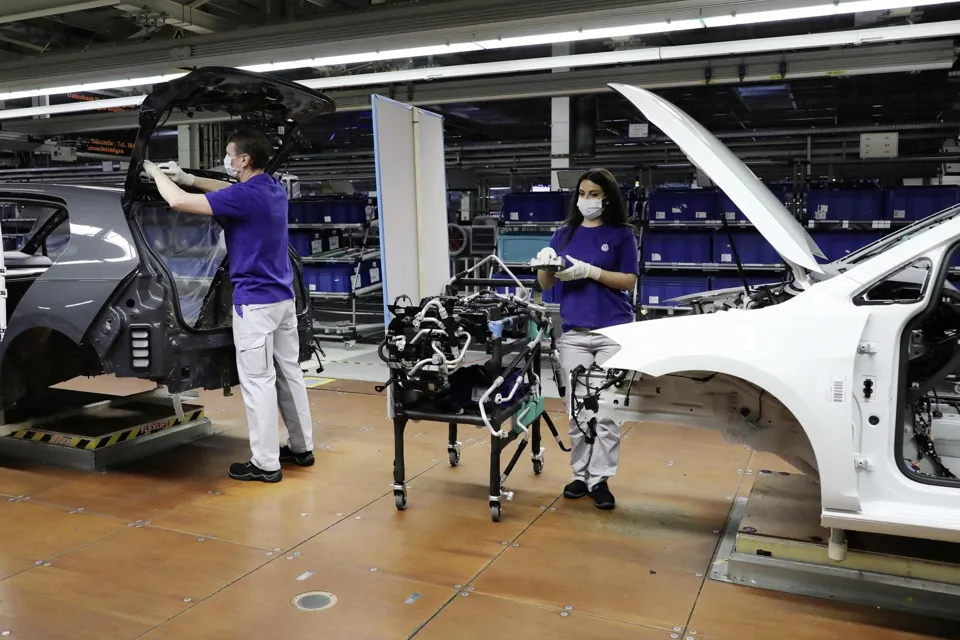The semiconductor shortage has forced Daimler and Volkswagen to cut the working hours at some of their plants.
Every car- and van-maker is being impacted by the computer chip crisis, with some delivery times for cars lengthening from three to six months, and many new vans not expected to be delivered until 2022.
Daimler is reducing working hours this week at its Bremen and Rastatt plants, a spokeswoman told Reuters, adding that the situation was “volatile”, and it was not possible to make a forecast on the impact.
Volkswagen will cut working hours at its Wolfsburg factory next week, a spokesman said.
Volkswagen chief executive, Herbert Diess, said last month that it was in "crisis mode" over the shortage, adding that the impact would intensify and hit profits in the second quarter, which ends in two weeks.
Ford was among the first auto motive companies to highlight the potential impact of chip availability on first quarter production, earlier this year.
“The global semiconductor shortage is affecting automakers around the world as well as other industries, including consumer electronics companies,” a Ford spokesman explained.
“Ford is concentrating on how to best use our allocation of semiconductors to deliver high-demand vehicles to customers.”
The manufacturer has reported it could lose half of all planned production in quarter two of 2021.
The Focus production line in Germany will be on limited production for much of next month, while closures of varying length will impact Galaxy, Kuga, Mondeo, S-Max and Transit Connect production until July 31.
Closures will also impact the Fiesta and Puma production lines in Germany and Romania respectively, although to a much smaller degree.
The Ford spokesman said it was looking at a number of factors to manage the chip shortage, including overall consumer demand by nameplate, the individual vehicle’s contribution to its fuel economy commitments and its ability to make up for the short-term production loss later this year.
Stellantis – parent company of the merged PSA and FCA Groups – saw eight of its 44 global plants idled at some point in Q1, with production losses due to chip shortages down around 190,000 units or 11% of planned output.
Fleet decision-makers are being warned fleet maintenance will require greater attention with lengthening delays to new car and van deliveries.




















Login to comment
Comments
No comments have been made yet.